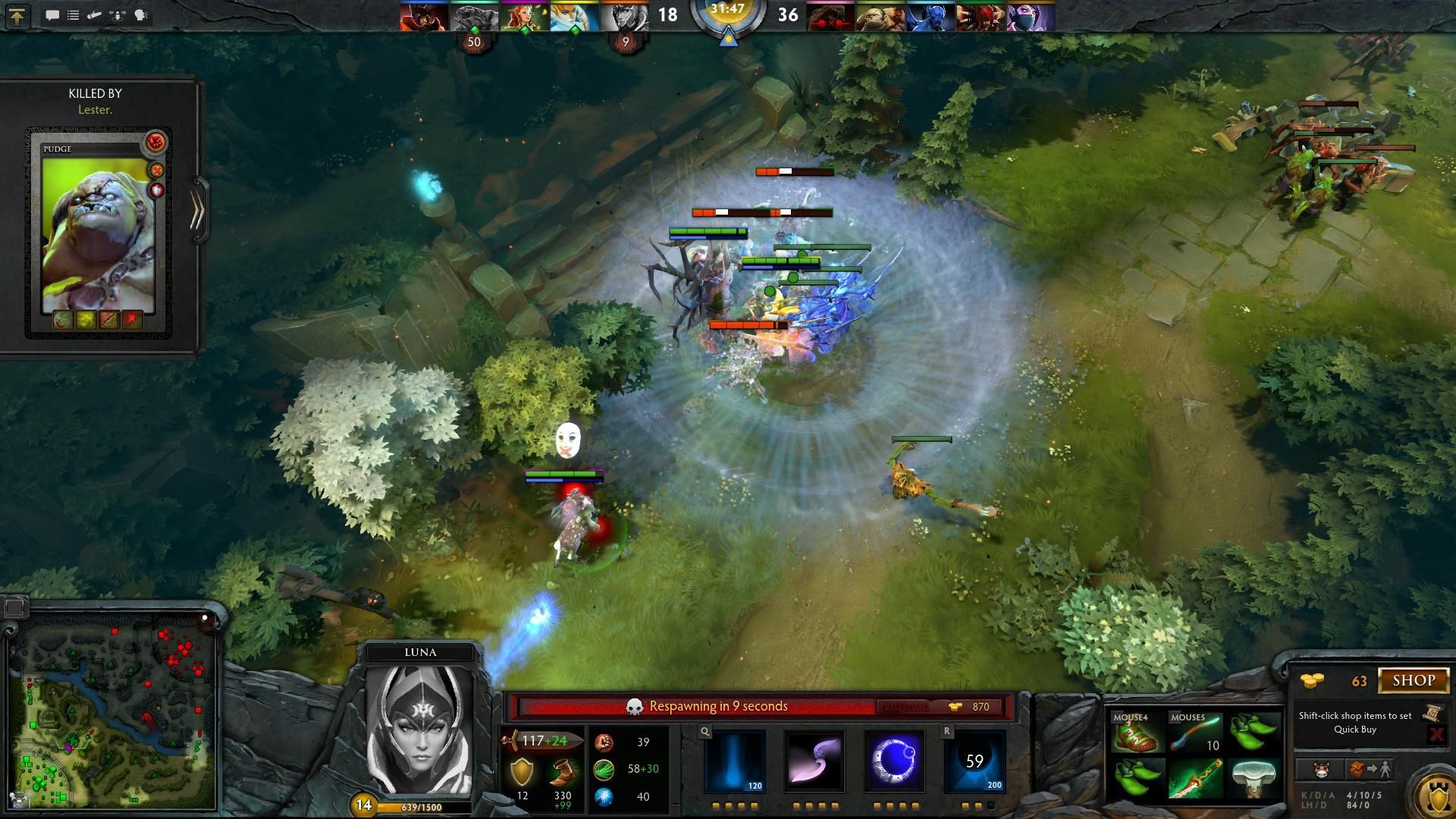What Are The Hardware Requirements For Mac Os Sierra
The main difference however between the Fortnite Mac requirements and the Fortnite PC specs, is that your operating system counts for more with a Mac. You will need to be running Mac OS X Sierra or above to play Fortnite.
With the constant influx of new versions of the macOS from Apple, as well as our development team continuing to improve and enhance MacPractice, it can become confusing to determine which build of MacPractice is compatible with which version of the macOS. You can always refer to the The link to. Hardware Requirements by MacPractice Build MacPractice Build 4.4.109 For Servers OS: Mac OS X Mountain Lion (10.8) or Mac OS X Mavericks (10.9) Processor: Intel Core 2 Duo, or i3 or better processor (64-bit architecture required for Mac OS X 10.8) Memory: 6 GB RAM minimum (8 or higher GB recommended) Hard Drive: 500 GB minimum (1 TB or greater recommended) For Clients OS: Same requirements as Server Processor: Same requirements as Server Memory: 4 GB RAM minimum (8 or higher GB recommended) For Digital Radiography/Imaging, the minimum requirement is 8 GB RAM.
I've just posted about this in comp.sys.mac.system. Here's a copy, with minor editing for context. The compatibility list was briefly shown in the keynote and is missing from the preview page. On 2016-06-14 06:18:38 +0000, (David Empson) said: > These models will be able to run macOS Sierra: > > iMac (Late 2009) and newer - all 21.5' and 27' models > MacBook (Late 2009) and newer - all polycarbonate unibody models > MacBook Air (Late 2010) and newer - includes all 11-inch models > MacBook Pro (Mid 2010) and newer > Mac mini (Mid 2010) and newer - all models with aluminium unibody and > internal power supply > Mac Pro (Mid 2010) and newer Hmm. It's also a hint that I should probably sell my 2011 iMac some time within the next year.
Pretty much the entire Mac 'estate' we've got will be hit by this one. Oldest (well, not counting the 10.6.8 CoreSolo Mini) is a 2007 iMac, rest are variable ages. Meanwhile, Windows 10 happily installs on the lot of them.
/upgradeinstallsierraprogressbar1-57d1a26f5f9b5829f43c751c.jpg)
Yes, -including- the 10.6.8 Mini. Cheers, Ian David Empson 14/6/2016, 0:59 น. Ian McCall wrote: > On 2016-06-14 06:18:38 +0000, (David Empson) said: > > > These models will be able to run macOS Sierra: > > > > iMac (Late 2009) and newer - all 21.5' and 27' models > > MacBook (Late 2009) and newer - all polycarbonate unibody models > > MacBook Air (Late 2010) and newer - includes all 11-inch models > > MacBook Pro (Mid 2010) and newer > > Mac mini (Mid 2010) and newer - all models with aluminium unibody and > > internal power supply > > Mac Pro (Mid 2010) and newer > > Hmm.
Hmm.
It's also a hint that I should probably sell my 2011 iMac some > time within the next year. We need another year to start to establish the new pattern. Is Apple going to do annual culls of models introduced seven years earlier (the seven year itch), or do it bigger batches every few years? A one year cull next year doesn't seem to achieve much, but a two year cull in two years (only supporting models from about mid 2011) would allow dropping support for upgrading from Snow Leopard to macOS 10.14.
> Pretty much the entire Mac 'estate' we've got will be hit by this one. > Oldest (well, not counting the 10.6.8 CoreSolo Mini) is a 2007 iMac, > rest are variable ages. My Late 2009 Mac Mini Server is out, but that's OK because I'm keeping it on Snow Leopard anyway, and I already have the 2012 Mini as its potential replacement (if I merge roles for the two). The next oldest actively used Mac in my household is a 13-inch Mid 2012 MacBook Pro. Apple is still selling that model, so it should be at least three years until they drop support for it, probably longer.

Other 2012 models (apart from the Mac Pro) could be carried along for the ride, especially as 2012 is the start point for Metal and Bluetooth 4.0 (Handoff etc.) > Meanwhile, Windows 10 happily installs on the lot of them. Yes, > -including- the 10.6.8 Mini.
I would have expected graphics problems with an Intel GMA 950. I'm looking into this at the moment for a 2011 HP Compaq 8200 Elite SFF PC with Sandy Bridge processor that has Intel HD Graphics 2000, which it appears Intel never fully supported for Windows 8.1 or 10. HP doesn't support anything older than 2013 for Windows 10. I haven't tried upgrading to Windows 10 yet (from 7) but intend to attempt it before the free upgrade expires. Fallback option is adding a graphics card as this is a desktop.